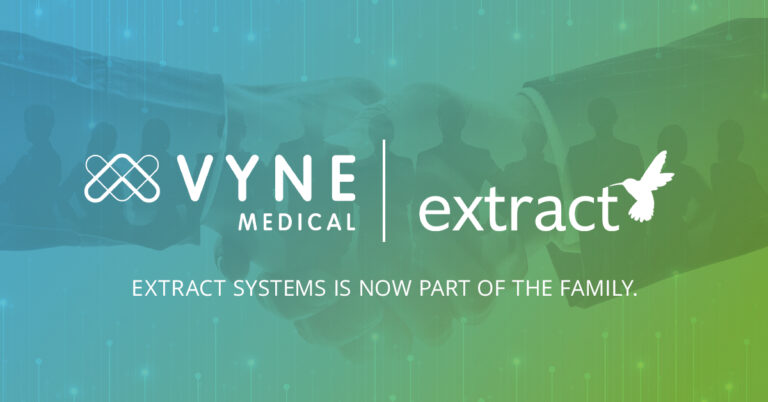
Feds Influence API Adoption
A national survey of digital health companies put together by UC San Francisco’s Center for Clinical Informatics and Improvement Research (CLIIR) indicates that federal policymaking influences the adoption of APIs.
API stands for application programming interface and is basically a connection between two digital systems to send information. APIs can be used to exchange data in a number of circumstances, but in healthcare, the most common standard for formatting and sharing information is HL7 which has its well-established and robust v2 standard, but also the fast healthcare interoperability resources (FHIR) standard. FHIR offers a bit more flexibility in terms of how information is exchanged by containing smaller packets of data and consistent data definitions so systems can always recognize incoming information.
Hospitals and other organizations in clinical care settings may have an easier time connecting APIs to an EHR, mainly because they have the in-house expertise to understand not only what the data points being received mean, but also the entire universe of potential data.
A digital health company that services these hospitals and clinics is going to be in the position of not only building something from scratch, but also programming for the nuances of each health system’s EHR that they’d like to work with.
Data transmission standards like FHIR have been helpful for digital companies, but codifying some of these data exchange methods is what’s getting them adopted. The ONC has put some stakes in the ground for the adoption of FHIR-based APIs for certified health IT developers. The survey indicates that the due dates are helping as the proportion of digital health companies using these standard APIs is up to 74%. Additionally, half of the companies surveyed say the regulations make it easier to provide APIs for customers.
Despite nearly three-quarter of the surveyed companies adopting these standards, there’s still a significant amount of overlap with the more cumbersome way of doing things. 69 percent of these digital health companies are relying on non-standard APIs and 65 percent of them create integrations that don’t use APIs at all.
Given that governmental action can drive adoption, it seems that the real issue being faced isn’t getting companies to create these data exchange integrations, but to get the proper data into them.
As a company that automatically classifies documents and pulls clinical data from them, we know that despite increasing standardization, organizations have their own way of doing things. We created software that converts data elements to the naming conventions of the receiving organization so they’re able to have a repeatable process with ingestible data no matter the source.
Receiving healthcare data is significantly more complex than some of the other APIs used behind the scenes in our daily life like a price tracker. It’s why, despite being a software company, we like to spend time with our clients on their workflows and processes before we start delivering their data, because an API isn’t valuable unless it’s supplying the correct data, in the correct format, to the correct places. If you’d like to know more about how we set our customers up for success, please reach out.


